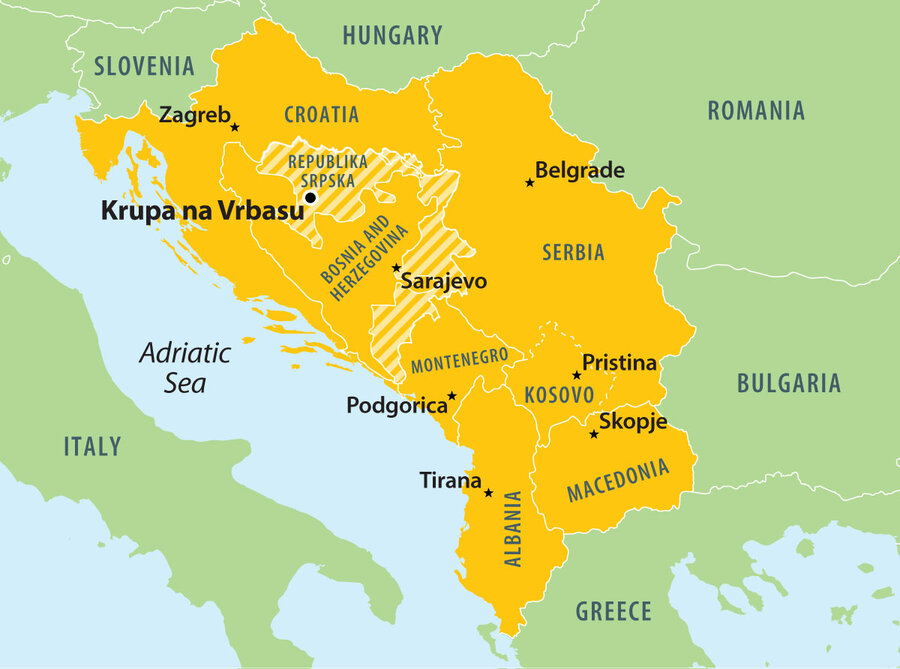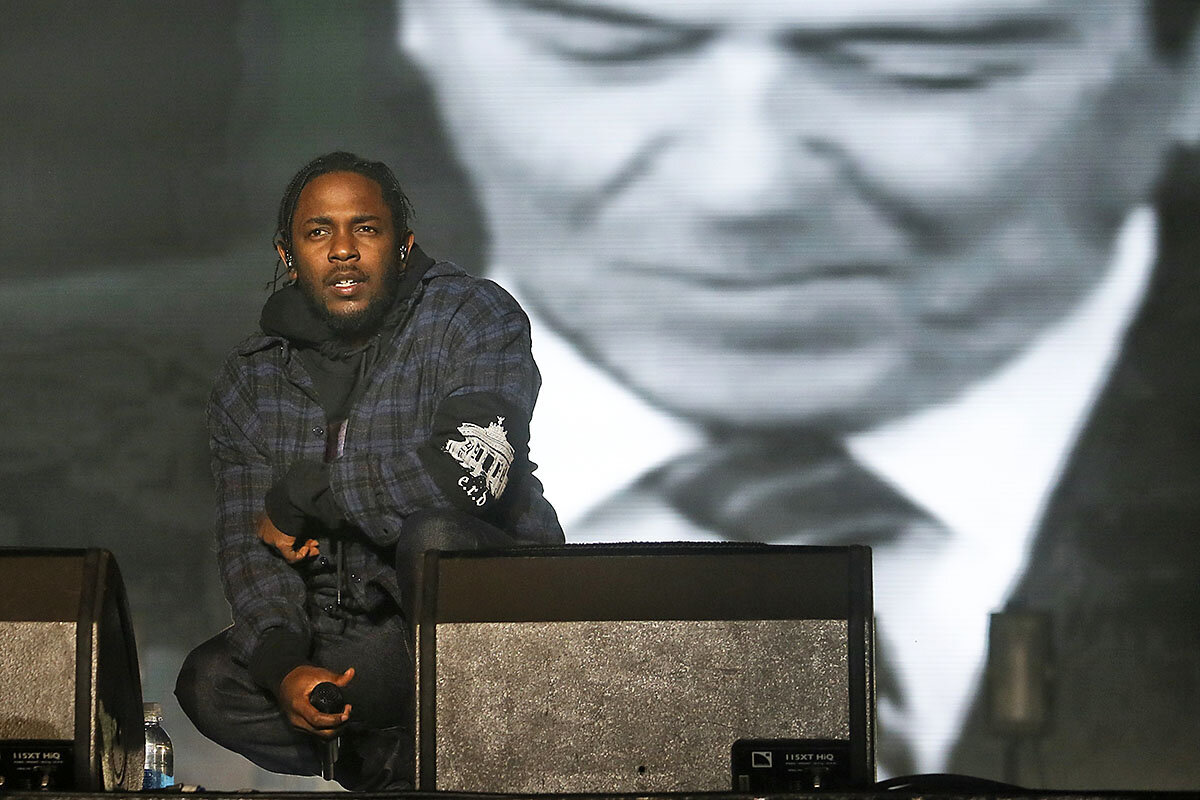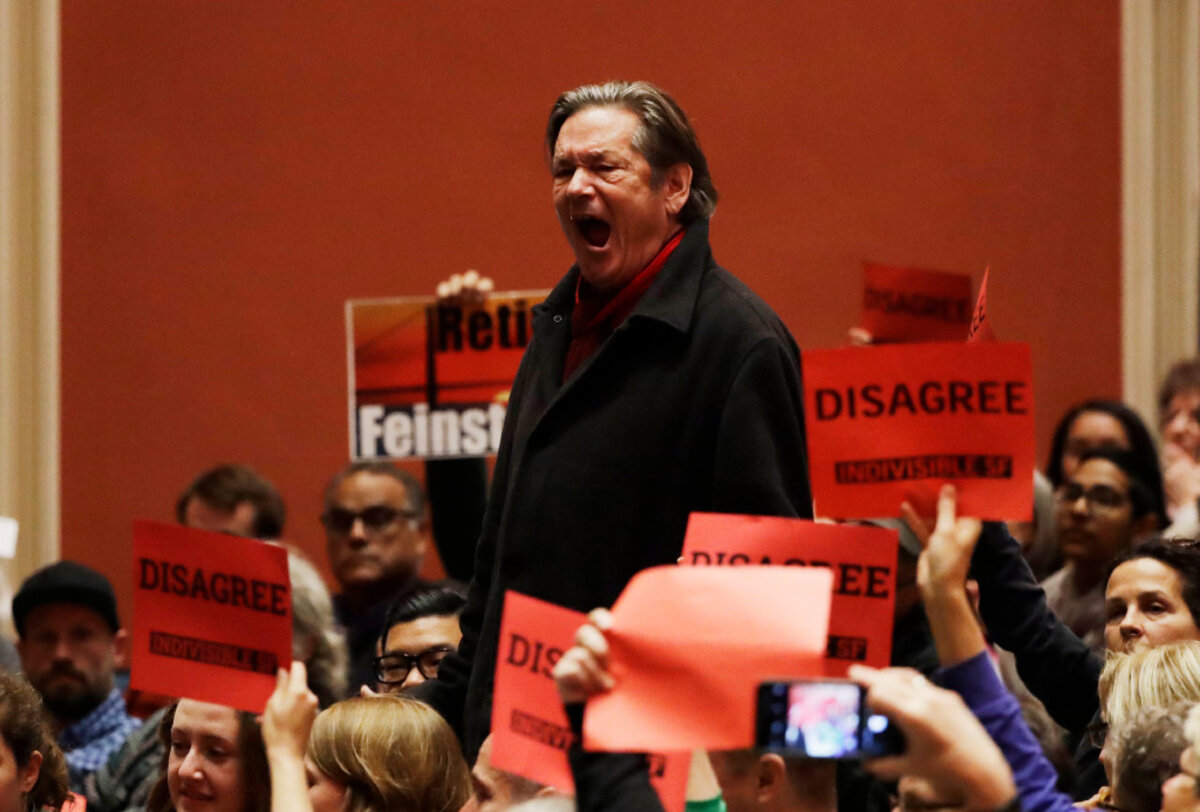Why solving North Korea will take a (global) village
For years, China has been pegged as the sole country with the heft and influence to dissuade North Korea from its pursuit of nuclear weapons – and of missiles capable of carrying those weapons to targets as far away as the United States.
Yet China is not the only country with a role to play. Indeed, dozens of countries in Asia and beyond have a hand in the lifeline that keeps the regime of Kim Jong-un afloat and perfecting its destabilizing weaponry.
Countries buy North Korean conventional arms, pay American dollars for the North’s raw materials, or allow their banks to keep dollars flowing into Pyongyang. Some even contract North Korean workers for what international rights organizations say amounts to nothing short of slave labor. (The contracts are with the Pyongyang government.)
The result is that it will take the entire village of countries that have trade and financial relations with Pyongyang to convincingly demonstrate to Mr. Kim that his only option for keeping his regime safe is to give up his nuclear weapons.
The key role of this international village may help explain the Trump administration’s focus on the United Nations Security Council this week as it labors to address the intensifying North Korean crisis.
After President Trump opened the week by inviting the 15-member Security Council to the White House Monday, Secretary of State Rex Tillerson will convene a special North Korea session in New York Friday with the foreign ministers of the five permanent and 10 rotating Security Council members.
The objective may be to put the world on notice, some experts in North Asia diplomacy say.
The message? The United States prefers diplomacy for addressing the growing threats posed by North Korea. But it’s going to take serious effort by all countries – large and small – with ties to Pyongyang if diplomacy is to make military intervention unnecessary.
“Maybe part of the message this administration is trying to send to the UN is that it’s long past time for the full international community to get behind the sanctions they’ve already said were warranted by North Korea’s behavior,” says Victor Cha, a former director for Asian affairs at the National Security Council and now a senior adviser at the Center for Strategic and International Studies in Washington.
Noting that the Security Council has already passed five resolutions requiring all UN member states to implement sanctions and other restraints on Pyongyang, Dr. Cha says compliance with existing measures could have a significant impact on the Kim regime’s actions.
Military action not ruled out
Another point to the Trump administration’s international focus may be to “pregame the Security Council” to act swiftly and forcefully when – virtually all experts say it is no longer a matter of “if” – North Korea conducts either its sixth nuclear test or another missile launch, Dr. Cha says. “The last resolution [following the North’s fifth nuclear test in September] took over two months to pass,” he says. “The message now will be, ‘No more foot-dragging.’”
Others point to the mixed messaging coming out of the White House – saber-rattling at North Korea one day, underscoring diplomacy the next – to say there can be no ruling out that the Trump administration may be preparing Americans and the world for the military action it may feel it has to take, especially with the display of a perfected North Korean ICBM.
“Sometimes diplomacy is the predecessor to a call to arms – but in this case the administration hasn’t been very clear about its intentions,” says Bruce Bennett, an expert in Northeast Asia military issues at the RAND Corp in Santa Monica, Calif. “At the very least, they’re putting pressure on North Korea by telling the world that the US is preparing to do something if the North doesn’t stop with their very serious provocations.”
Trump’s summoning of the entire US Senate to the Executive Office Building adjacent to the White House for a North Korea briefing Wednesday, followed by a similar session for the House, prompted some speculation in Washington that Trump was preparing the ground in the event he feels compelled to order air strikes on the North. Trump critics, especially, say they worry the president was taking steps to “inform” Congress now so that he can claim having consulted Congress in the event of military action.
But military action inside North Korea is probably the least likely step the US would take, many experts say. “I really doubt we’re talking about air strikes,” Dr. Bennett says. Citing the arrival of the USS Carl Vinson naval strike group off the Korean Peninsula, he says he presumes the assignment was “more for defensive capabilities than for offensive capabilities.”
Indeed, Cha of CSIS notes that the US has long reserved the right to act defensively against North Korea’s provocations – for example, to shoot down a missile or explosive headed for sea or land where it could cause catastrophic harm. The Vinson, however, is not equipped to intercept ballistic missiles, although other US vessels stationed in Japan are.
White House briefings send tremors
The flurry of high-level briefings on North Korea has sent tremors through Washington and the UN – at the UN, some diplomats say it’s uncomfortably reminiscent of the pre-Iraq-War consultations, while others say it’s simply a global power rightly informing the international community of an unacceptable security threat.
Some Washington experts say the rising sense of foreboding in advance of the administration’s briefings does not track accurately with what they understand will be the administration’s policy goals on North Korea.
“There’s this ‘Oh my God’ feeling building after they had the Security Council to the White House and all 100 senators were invited over, it could all be construed as pre-attack briefings,” says Bruce Klingner, a Northeast Asia expert at the Heritage Foundation in Washington who frequently consults with members of Congress and White House Asia officials. “But it’s all a bit out of sync with what I’m hearing the policy going forward will be.”
Pay attention to Trump’s call to his Security Council visitors to impose tougher sanctions on North Korea, Dr. Klingner says. Moreover, note that administration officials continue even to leave the door open for a return to “diplomat–to-diplomat negotiations” with the North – once Pyongyang is ready to abide by international demands for denuclearization, he says.
But in order for diplomacy to work, the world will have to get serious about measures that threaten the one thing more important to Kim than his nukes, Klingner says, and that’s his regime.
That has to start with much more serious action by China, which is the source of up to 85 percent of trade with the North. But Klingner says it will require participation from all of North Korea’s partners – that village of enablers – if anything is to convince Kim.
'More shaming' of trade partners
Klingner notes that some countries have recently broken ties with Pyongyang – some out of fear of being barred from the US financial market, but others as a result of international pressures on moral grounds. Last year Angola cut all commercial ties with North Korea, for example.
“I think there has to be more shaming” of the countries that have considered their trade with the North to be legitimate, Klingner says. Noting that Kim reaps as much as $2 billion annually just from outsourcing “slave” laborers, according to a 2012 human rights report, he says countries including Poland, Qatar, Malaysia, and others that import the cheap labor should be put on notice.
“There needs to be more in the way of publicly calling out these countries,” he says, “We need to say, ‘Do you really want to associate your country with a regime that starves its own people, that commits crimes against humanity.… Is that who you want to be publicly linked to?”
Yet while drawing attention to Kim’s despotism may energize some in the international community to get tough on the North, some experts say what’s really likely to work is amplifying the grave and growing threats North Korea poses to international security.
That above all is what they see the Trump administration doing with its high-profile public steps this week on North Korea.
“I think a big part of this frankly is to send a message to the American public about the new dangers posed by North Korea’s ICBM project,” Cha says.
“When [Americans] do think of North Korea they tend to think it’s about some crazy guy with bad hair halfway across the world. So these really pretty extraordinary meetings,” he adds, “are partly aimed at saying, ‘This is serious.’”




















